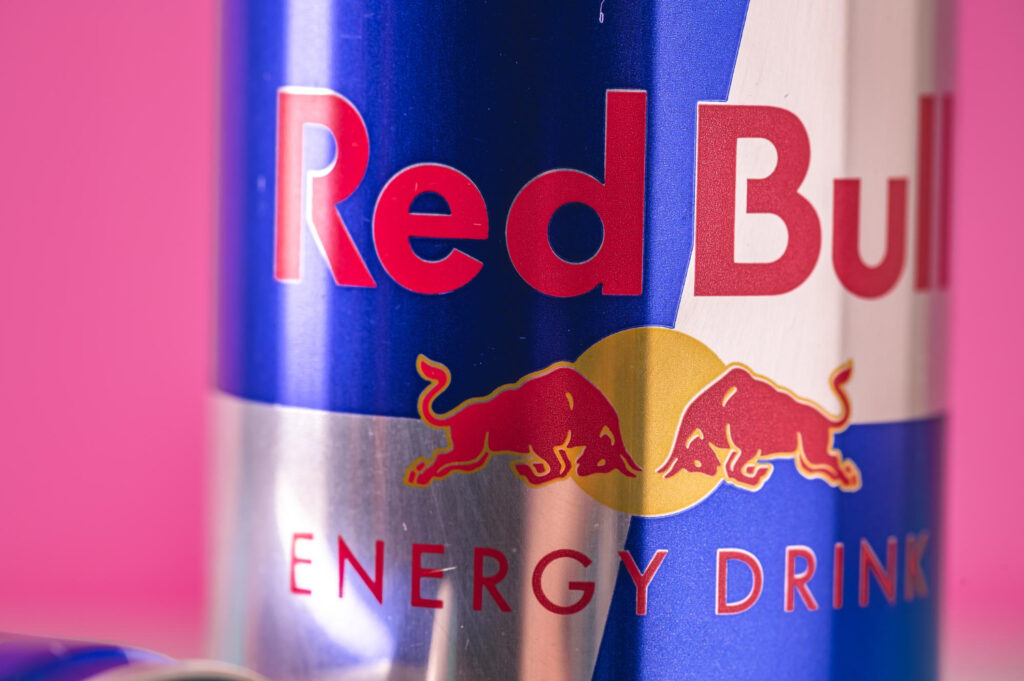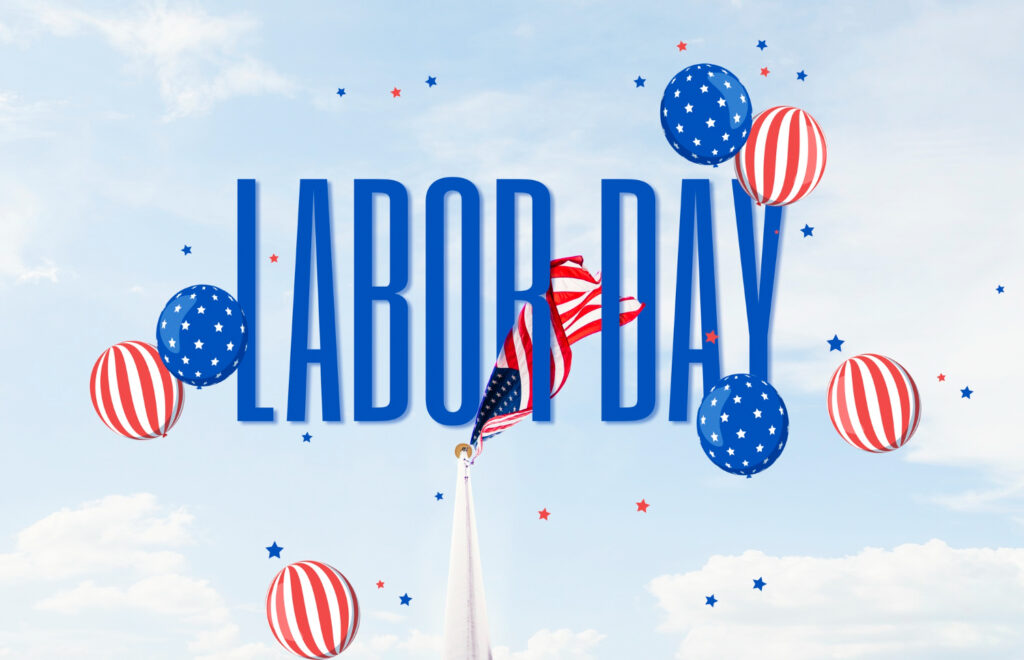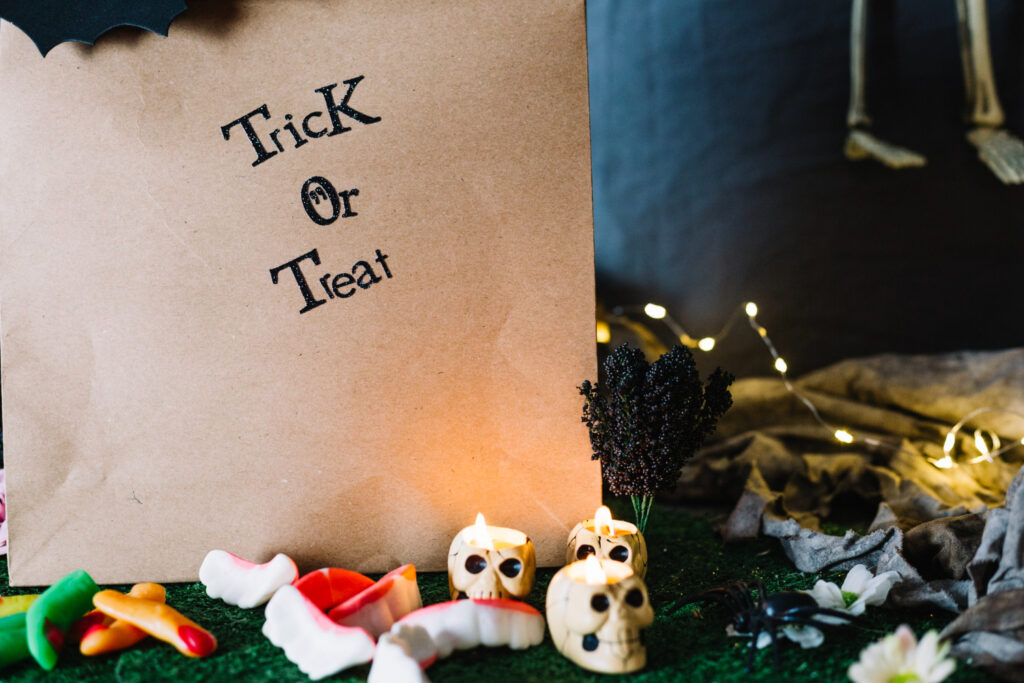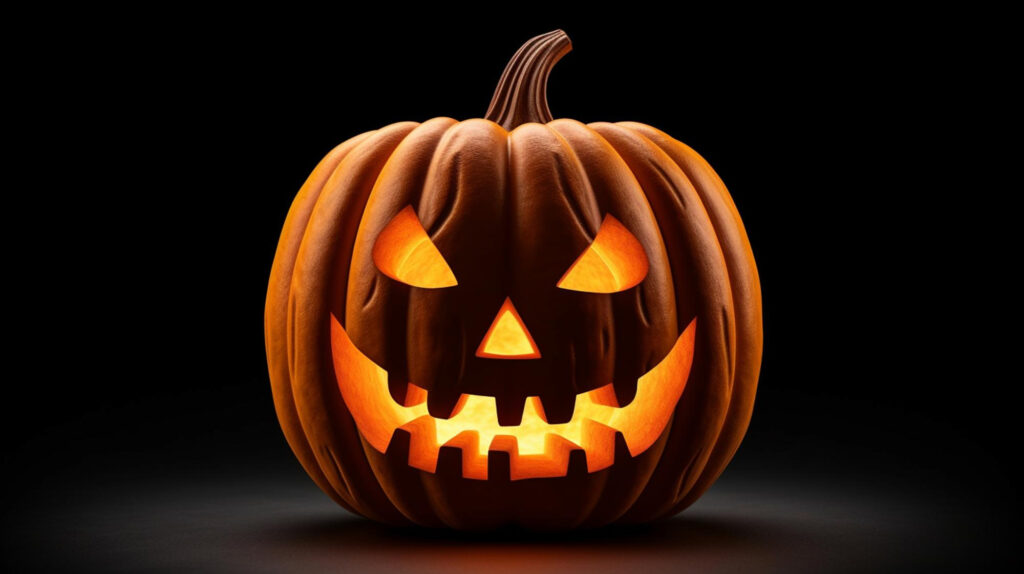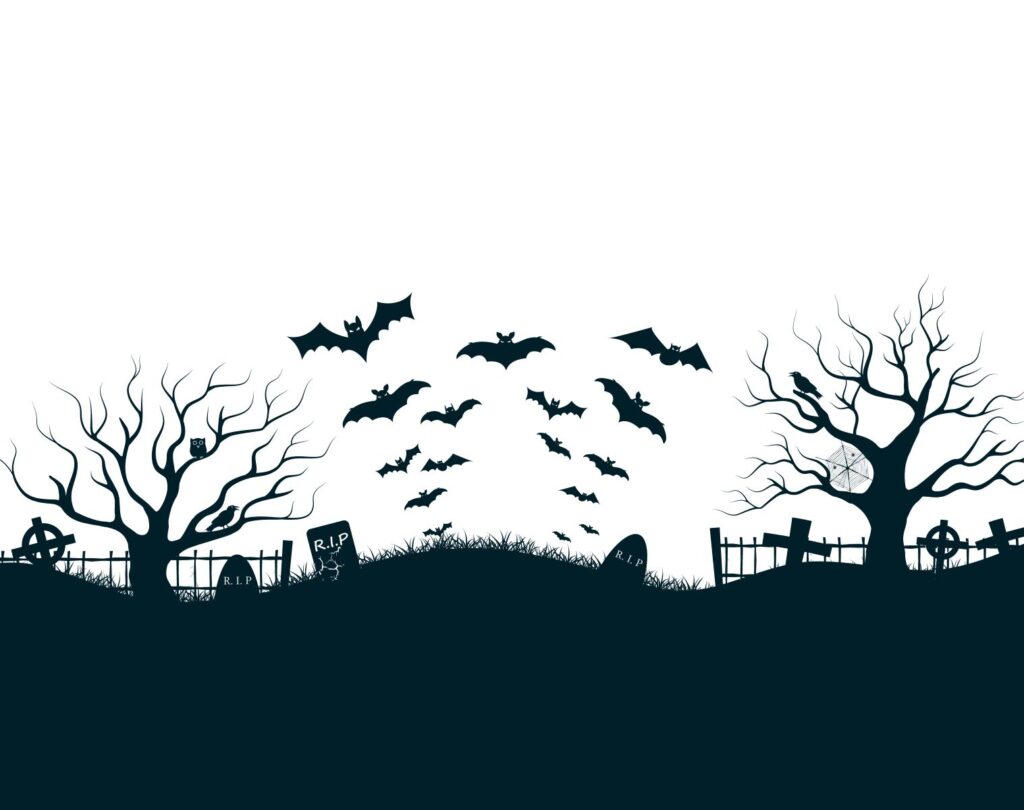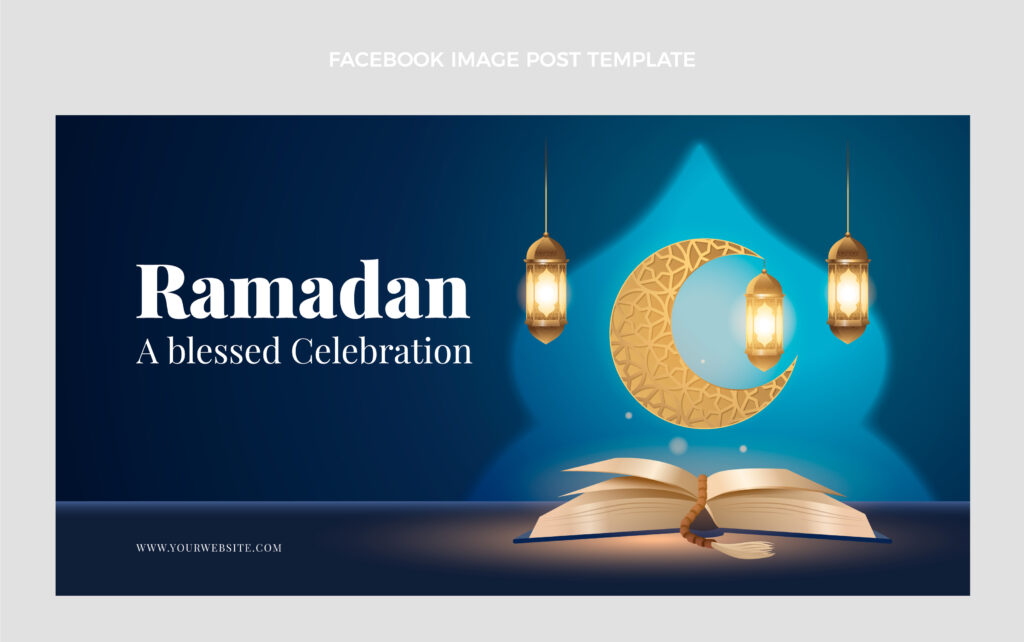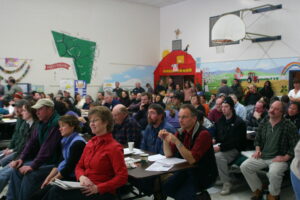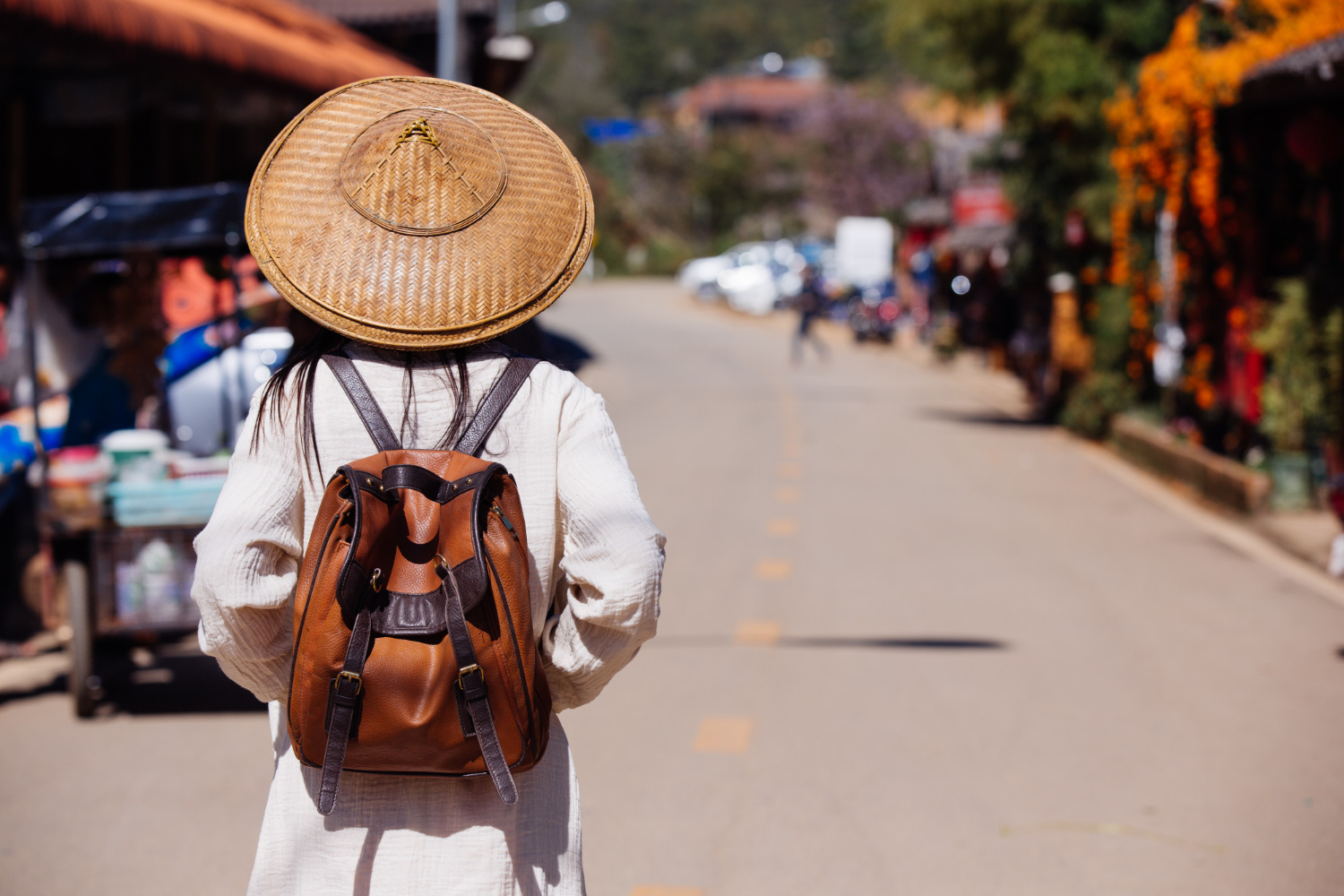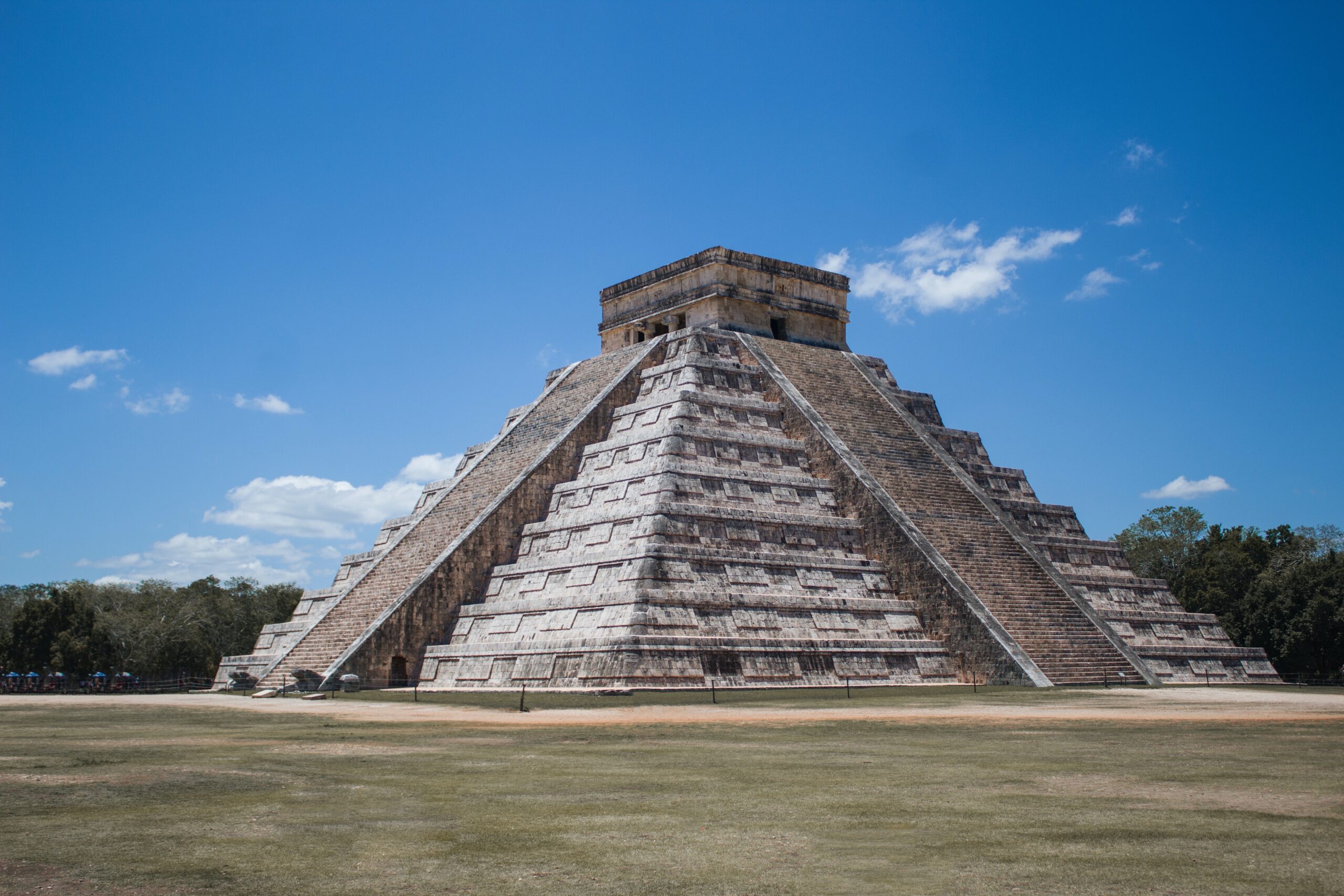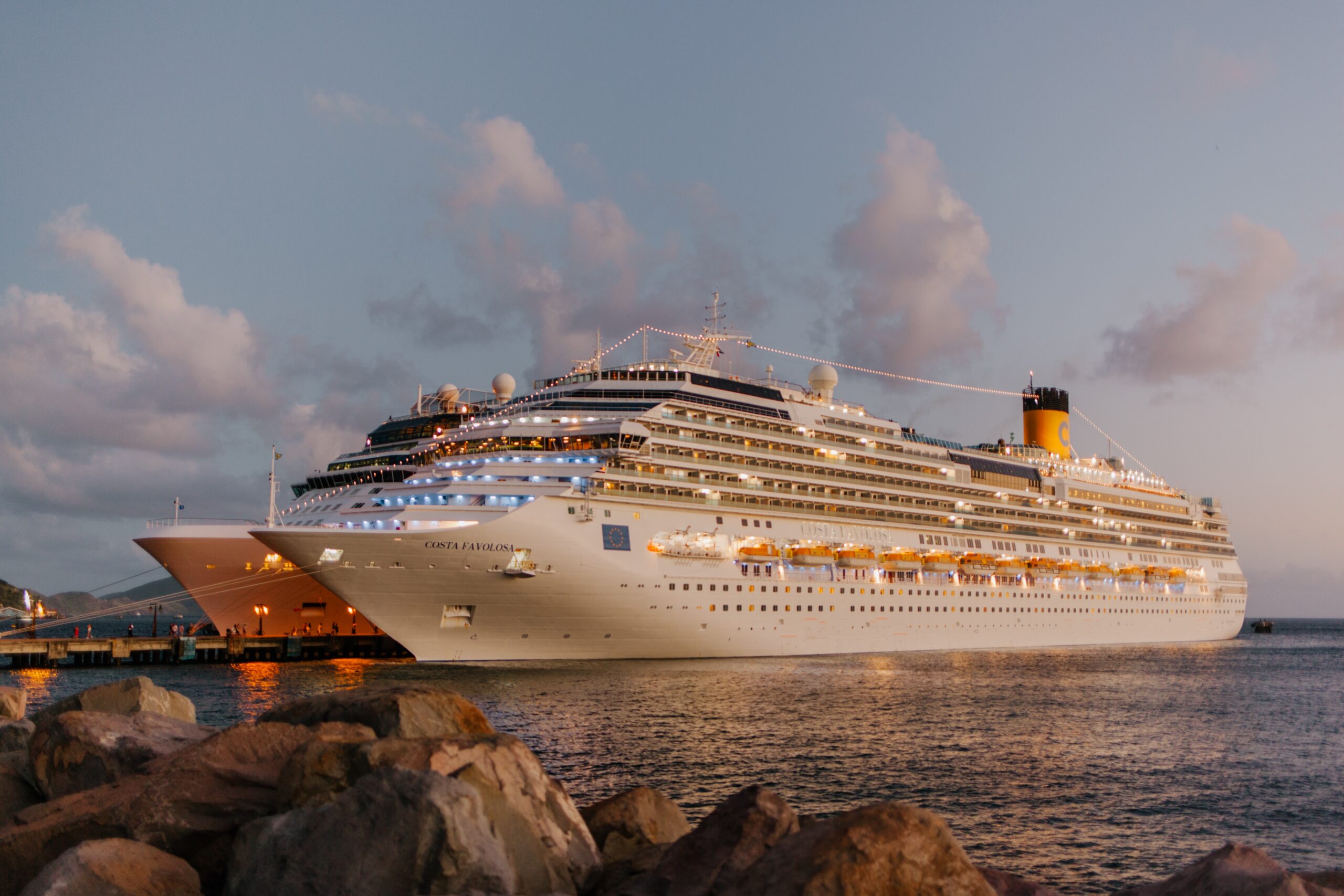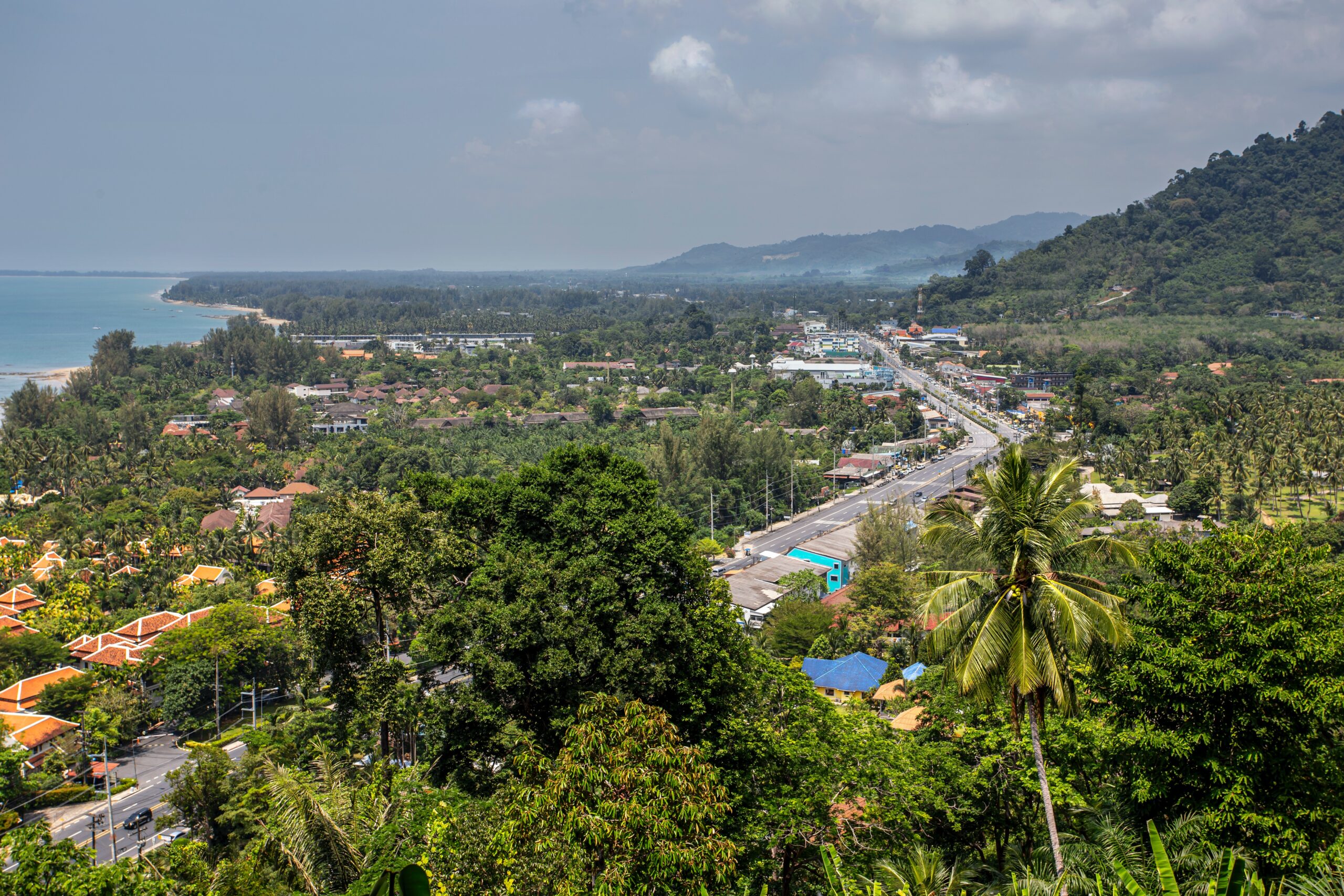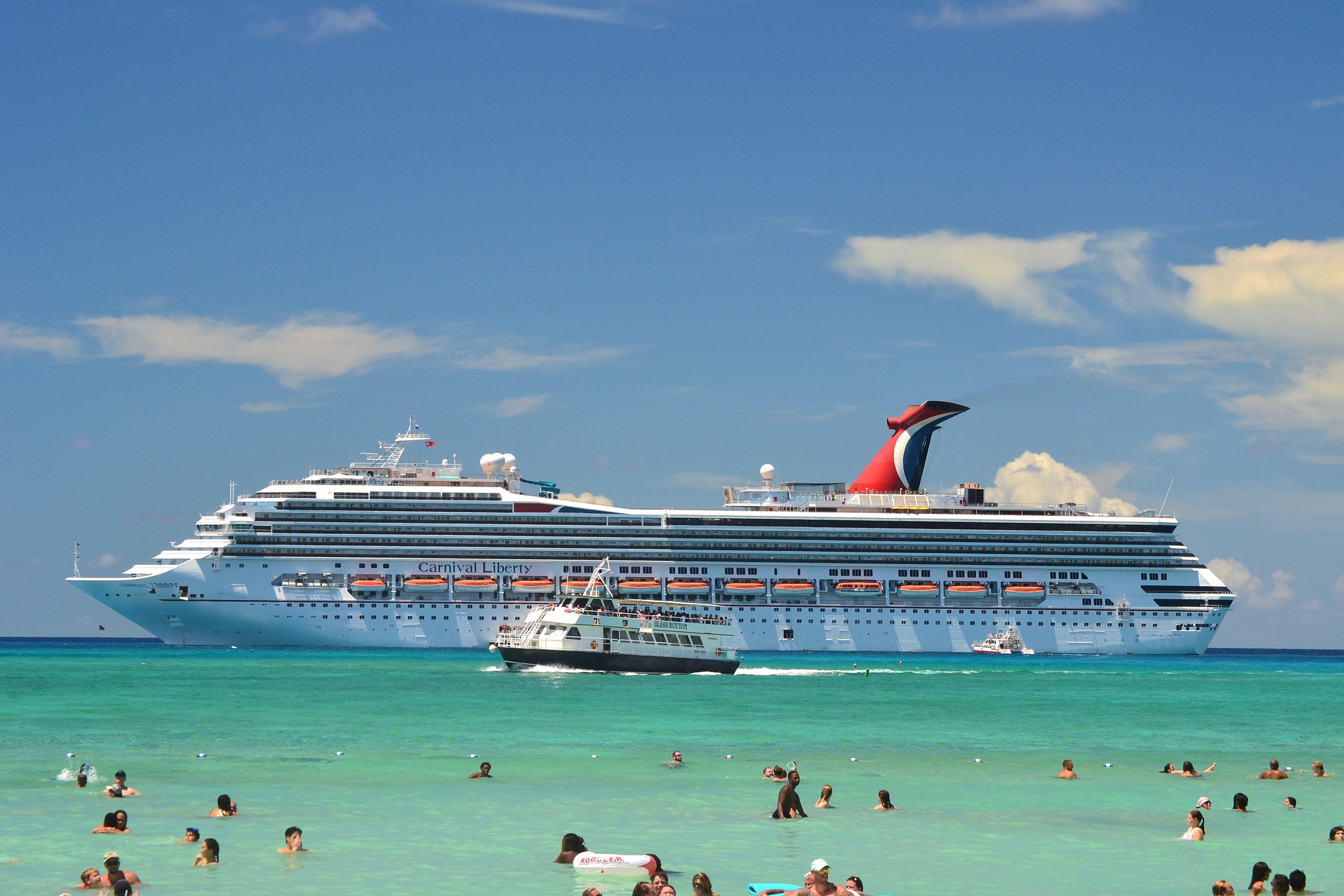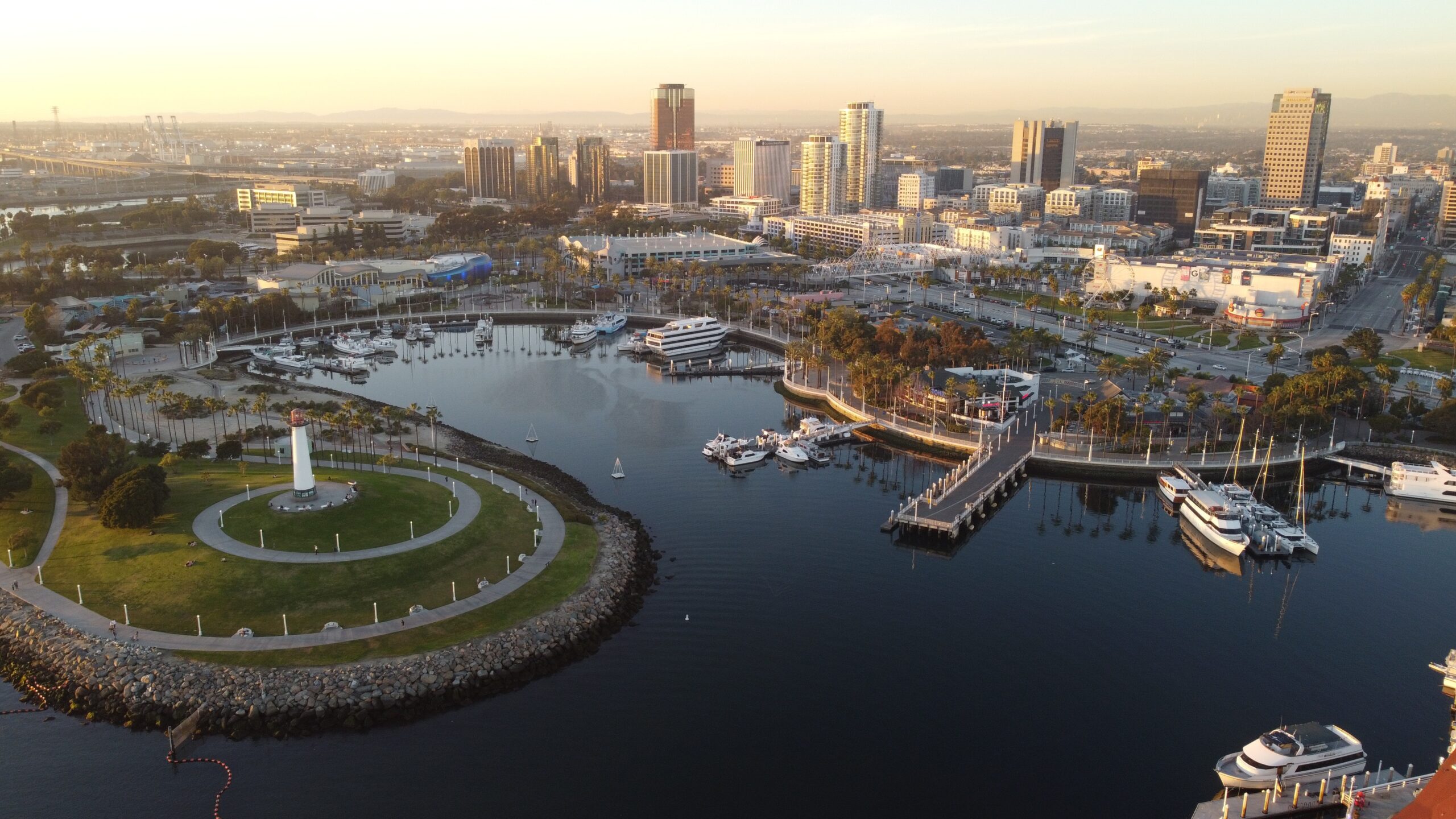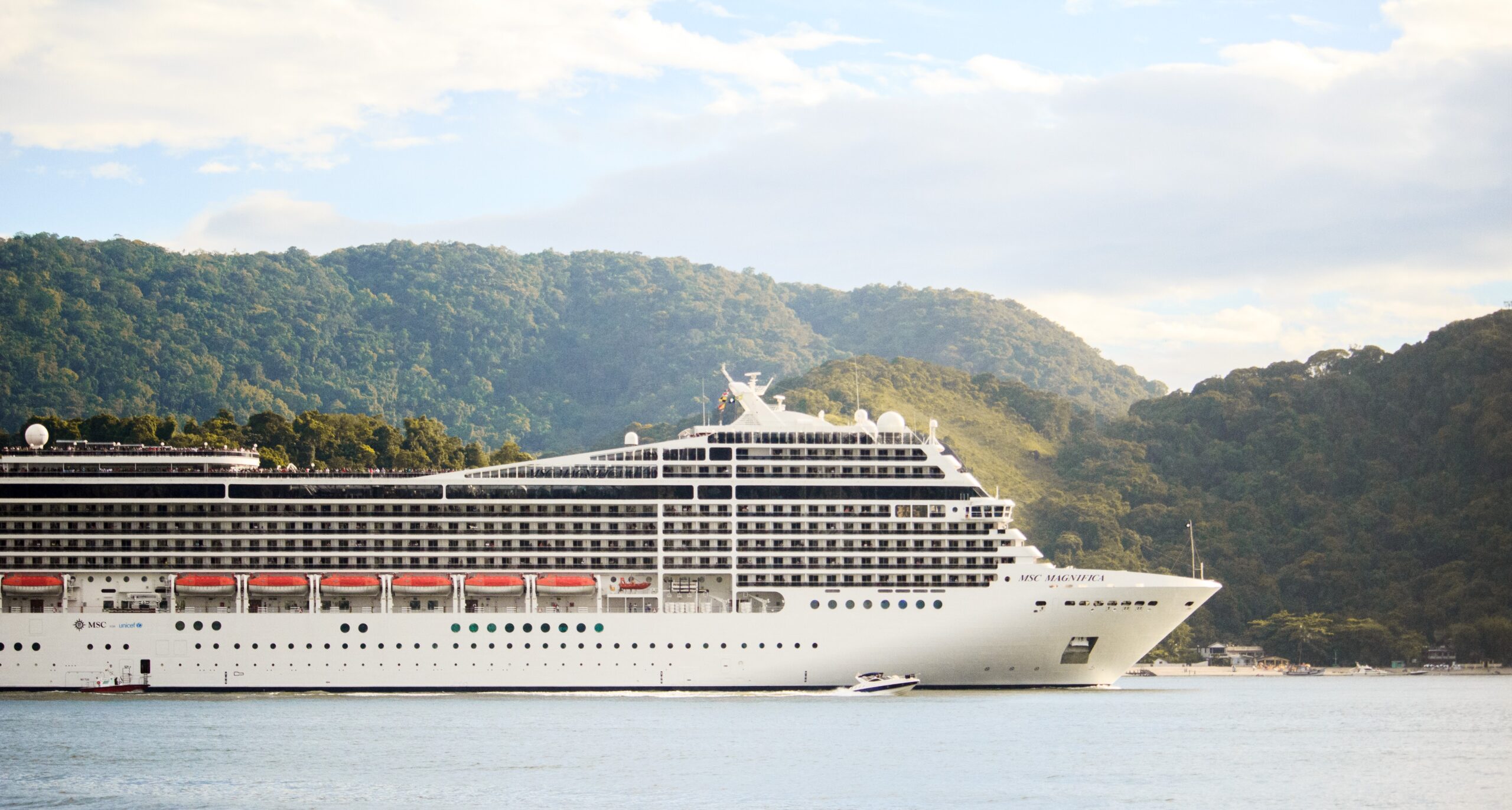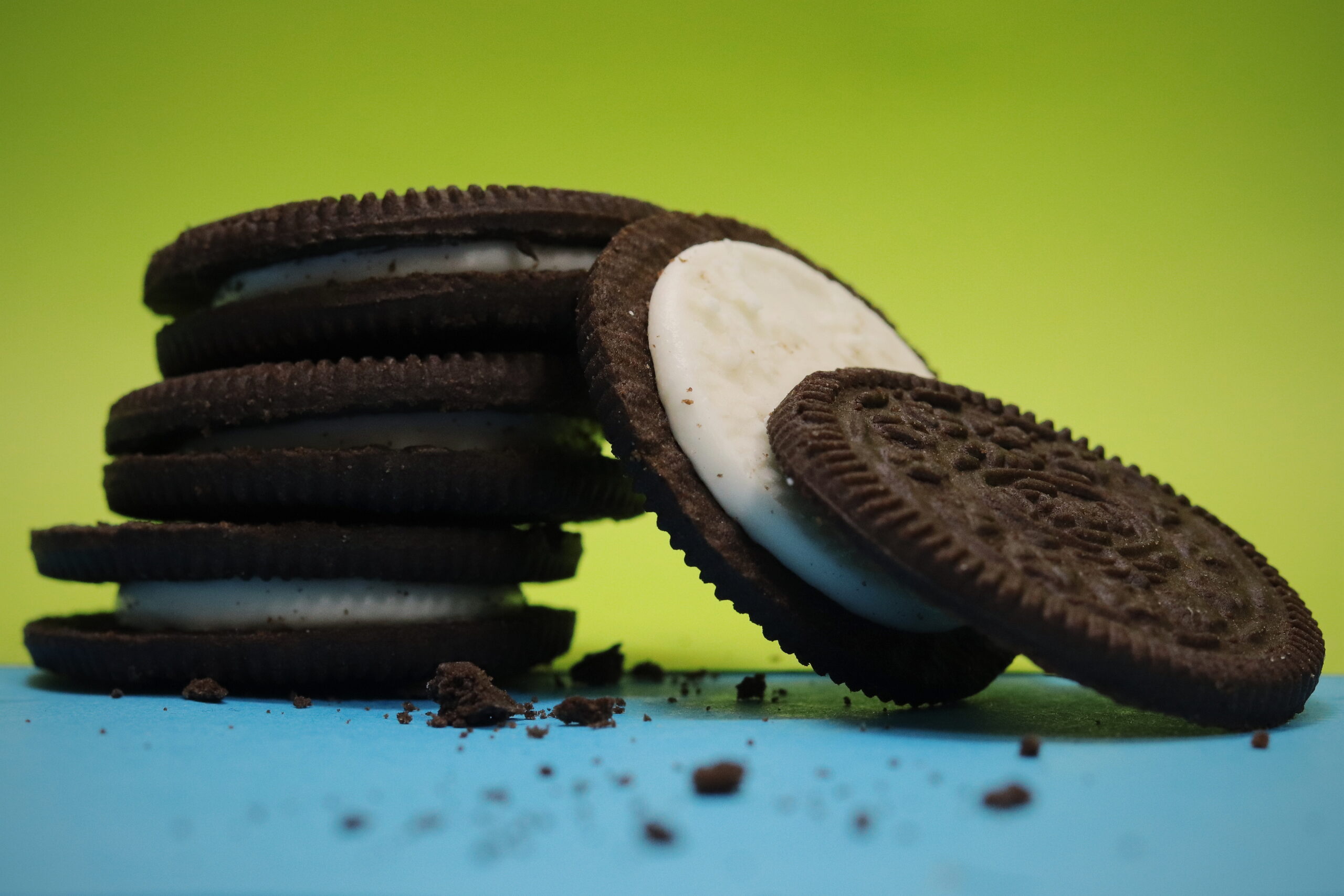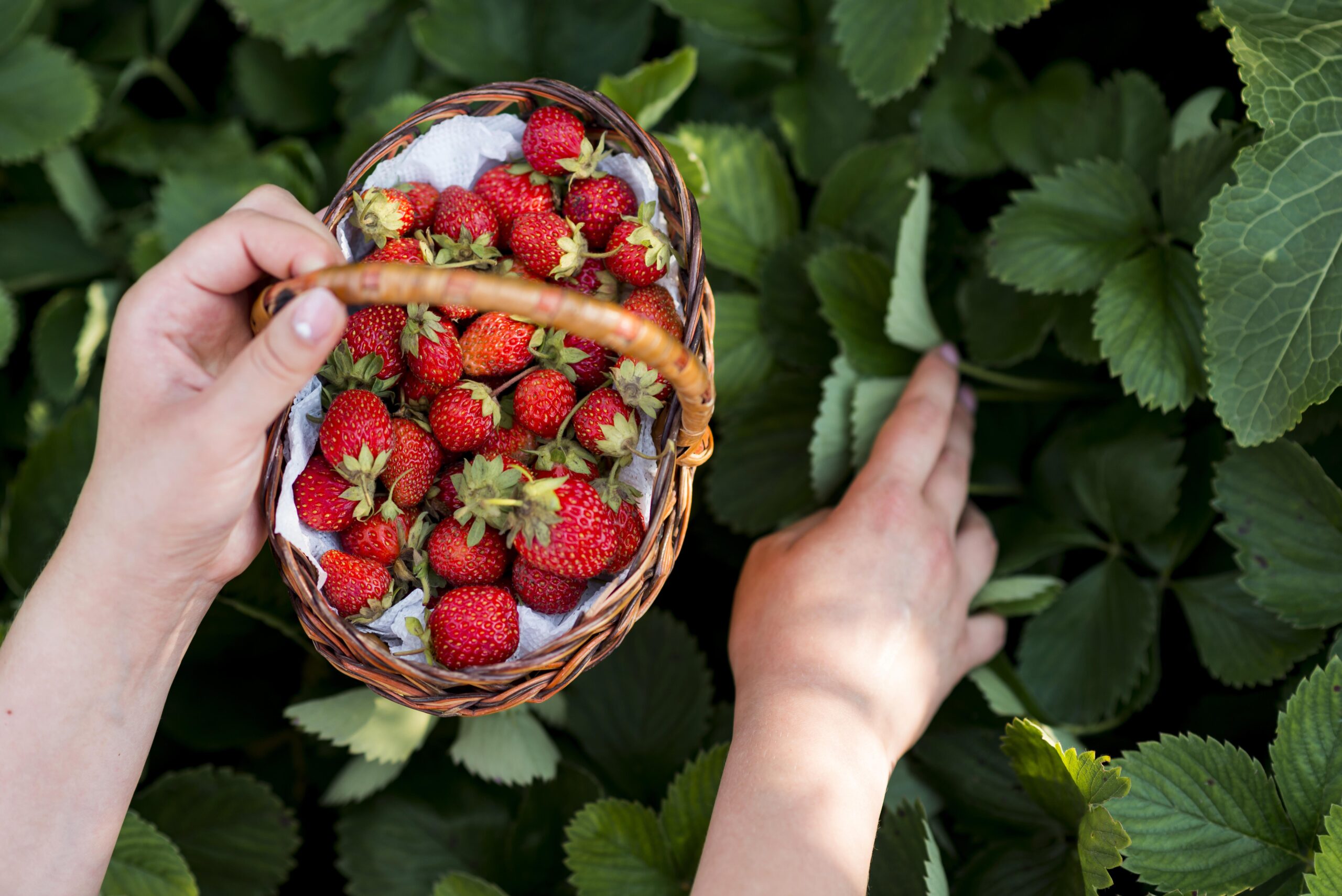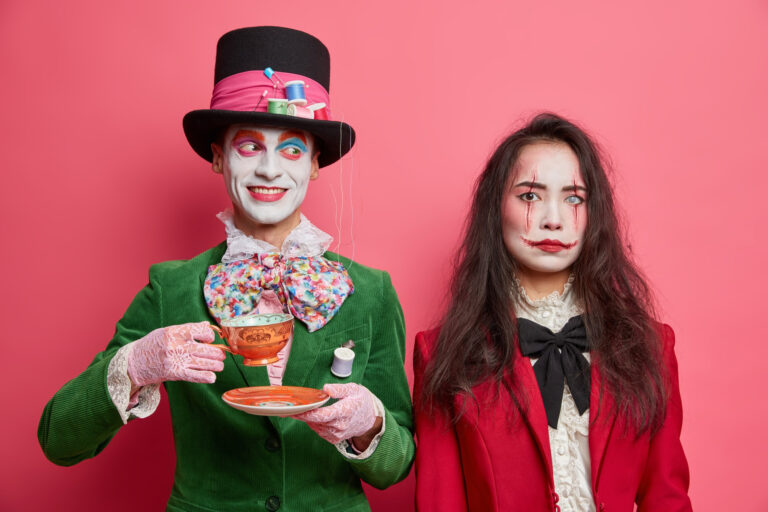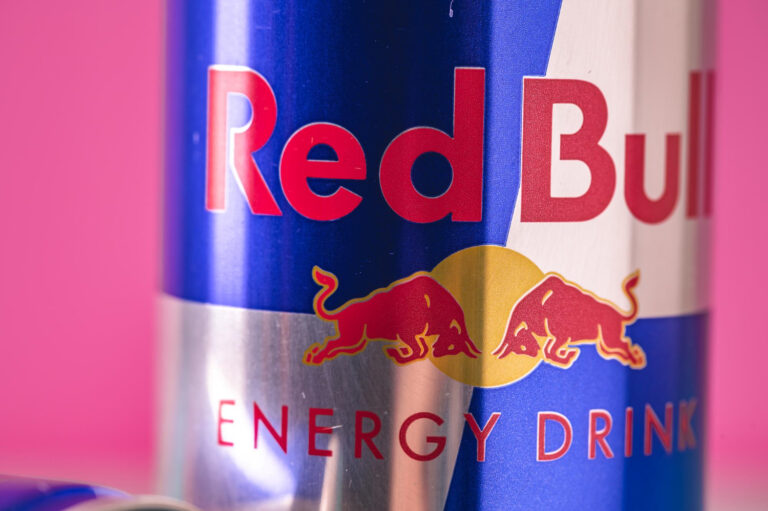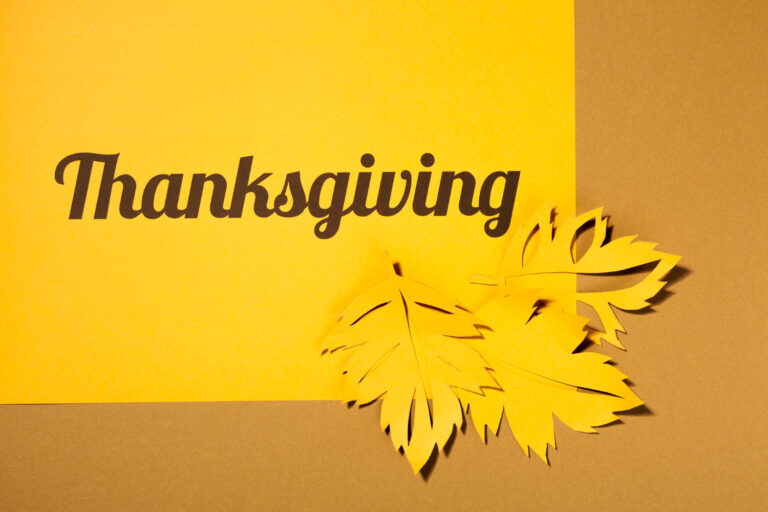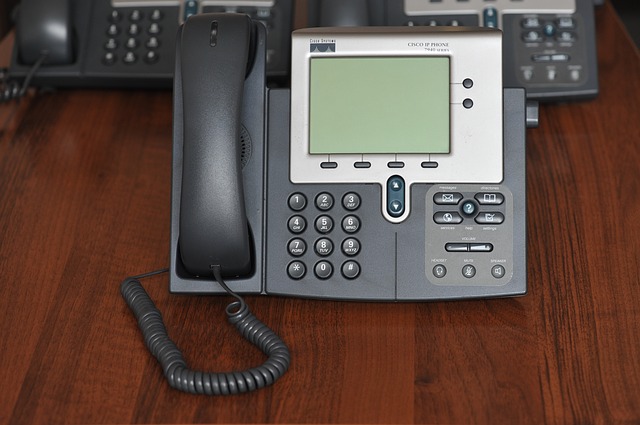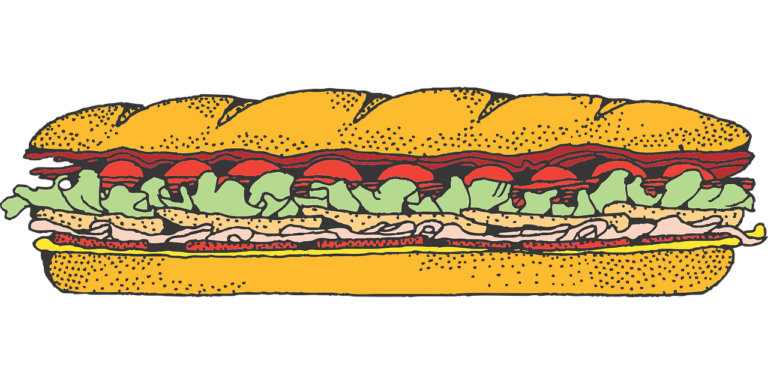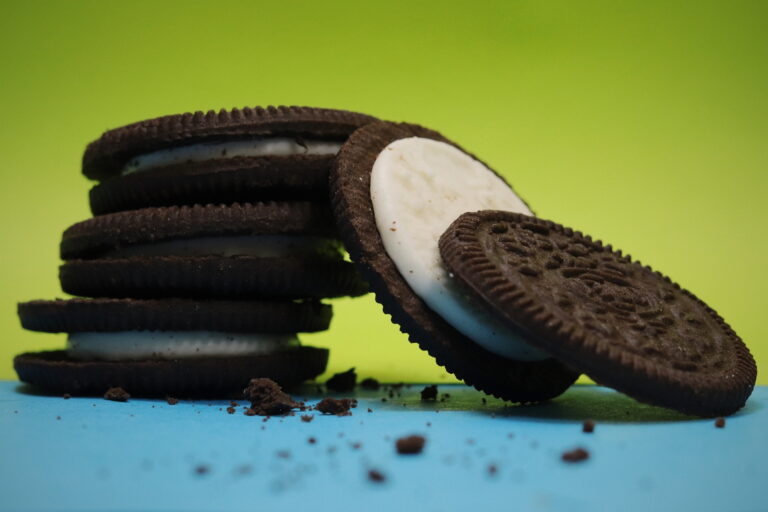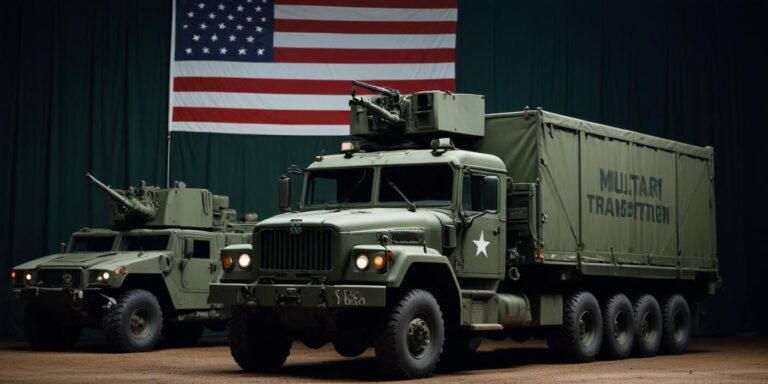The ninth month of the Islamic calendar, Ramadan is a Muslim holiday period of fasting, prayer, charity, and reflection. The last third of the month is considered particularly holy, as this is when the beginning of the Koran was given to the Prophet Muhammad. The date of celebration depends on whether followers observe according to the Moon’s activity or by following proclamations from religious and political leaders. Each Ramadan starts eleven days before the last Ramadan celebration took place.
The principle tradition of Ramadan is the fasting, considered one of the Five Pillars of Islam. The fasting includes the restriction of food, drinking smoking, sexual intercourse, and other vice behavior such as fighting during Ramadan days. The feast even includes water.
Another component is studying the Koran. Some Muslims attempt a complete recitation of the Koran by the end of the period. Muslims do this through prayers, or Tarawih, said in mosques every night of Ramadan. Muslims gather in mosques every night for prayer services and meals or observe these practices privately. Islamic centers and other organizations may hold educational events about Ramadan and the Islamic religion. Those who are sick, pregnant, or very young may not be required to observe the fast.
In some Islamic countries, rules of Ramadan are laws that everyone must follow. This means non-observers must eat and drink in privacy.
Muslims will also focus on charity work during this period, and many Islamic schools organize charity work for their students.
Holiday Background
Ramadan is the most holy month of the Islamic calendar. The name comes from the Arabic word for scorching heat and food shortage.
Muslims believe that during this time of year, Muhammad was sent the Koran from heaven, preparing for the prophet’s gradual relation. Muhammad stated that during this month, the gates of Hell are closed and Heaven’s are opened. It is believed that the Archangel Gabriel chose Muhammad for this task. Readings of the Koran usually occur in the original Arabic language in order to preserve this.
Other Traditions
Throughout the month of Ramadan, specific days are observed in certain ways in accordance with Islamic religious events. These include when Moses received the Torah on Mount Sinai, the death of Muhammad’s wife, the Battle of Badr, and Jesus receiving the gospel.
The last ten days of the celebration, the most holy, are called Laylat al-Qadr. This is the night that Muhammad received the Koran, called a revelation. This revelation was received over the course of 23 years. In 610 CE, Muhammad started this reception at the base of Mount Sinai, the same location where Moses received the Torah. Muhammad received this information through revelation as he could not read.
On Laylat al-Qadr, Muslims pray extra. Some prayers require the observer to wake up in order to pray. Many spend all of this day in Mosques, celebrating the last ten days of the festival there. Observers at mosques during this time are hopeful for divine favors.
In accordance with fasting during the day, observers usually eat a meal before the sun rises, called Suhoor. The meal that breaks the fast after the sun sets is called the iftar, usually consisting of a date and milk.



